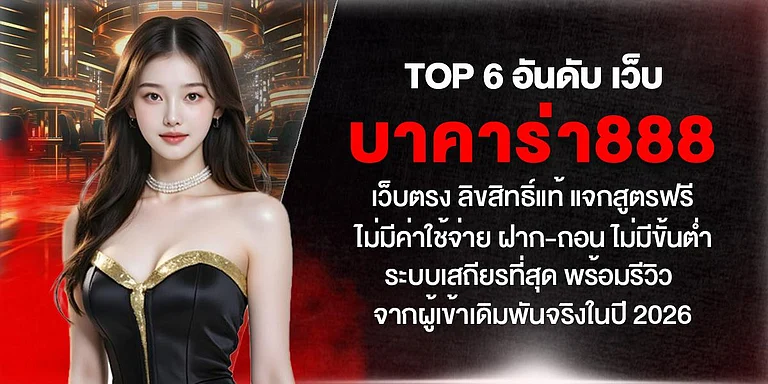Fish are jumpin' and the cotton is high
Oh, your daddy's rich and your ma is good lookin'
So hush little baby, don't you cry.
One of these mornings
You're going to run home screaming
Then you rend your veins
And you take to the sky
But till that warning
There's nothin' that told you
Of the serial killer standin' by.
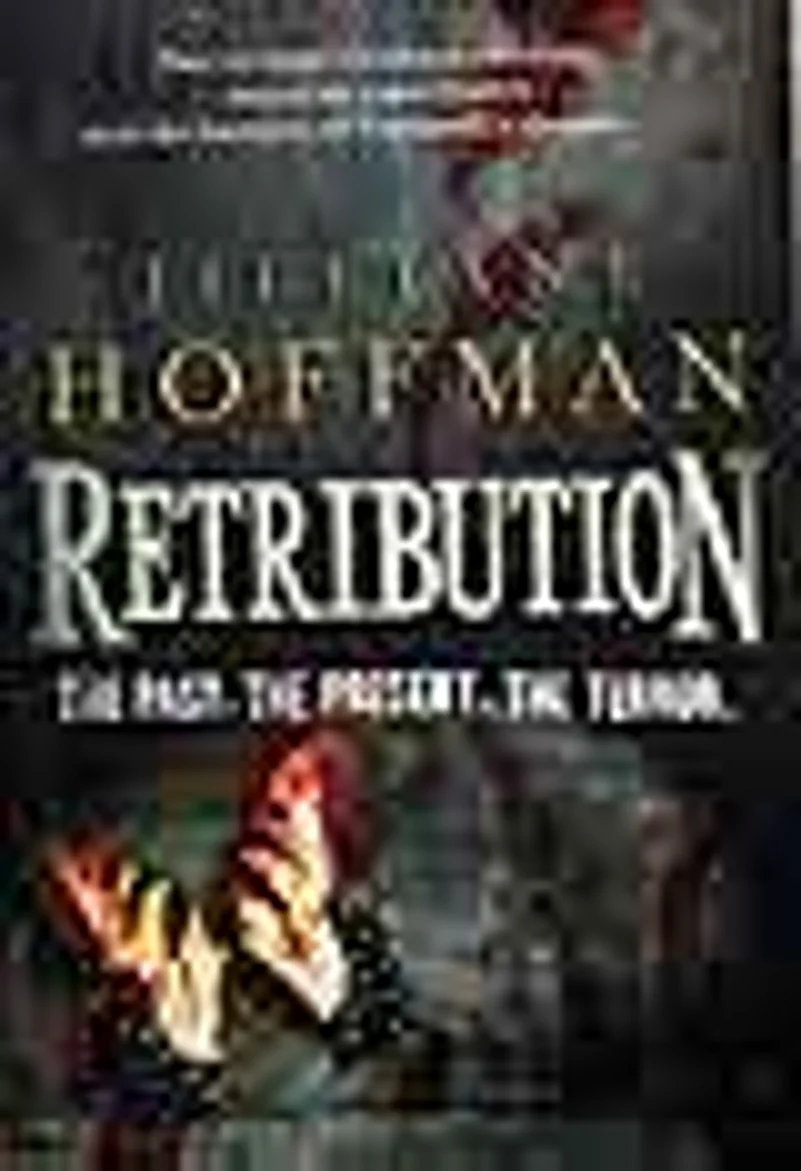
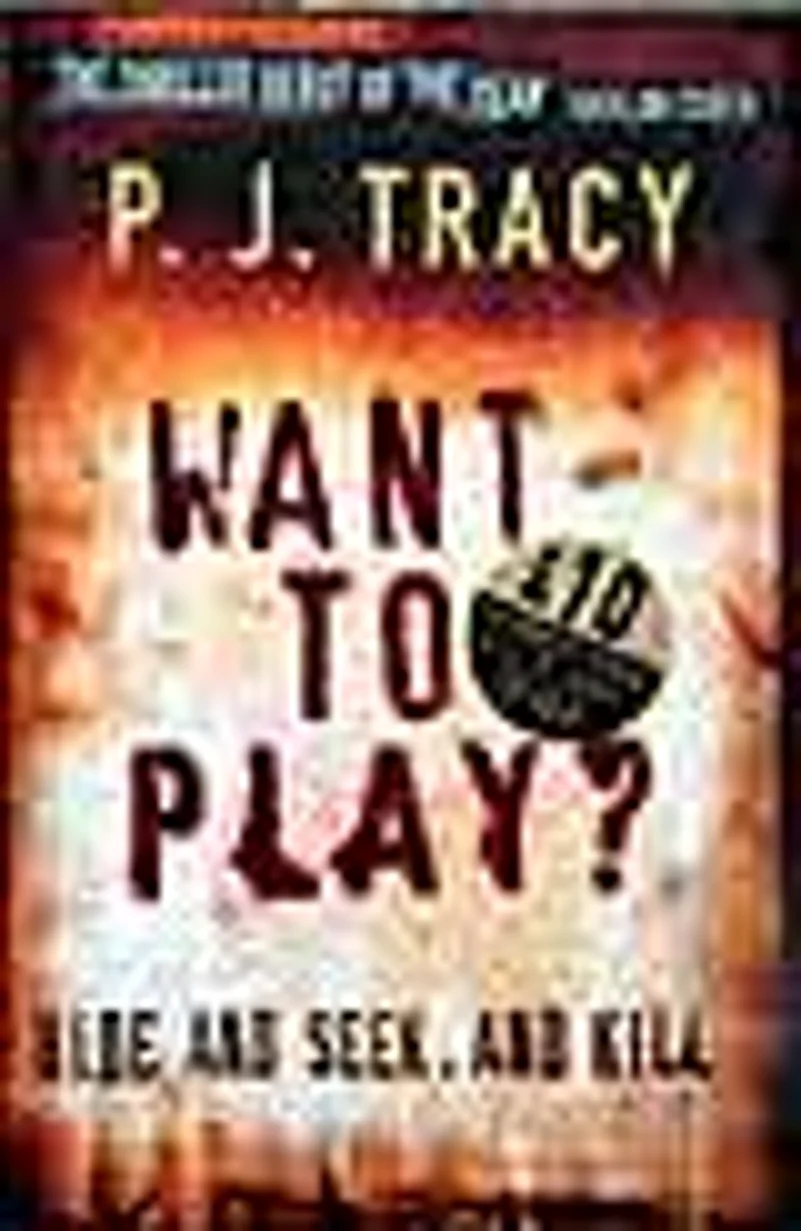
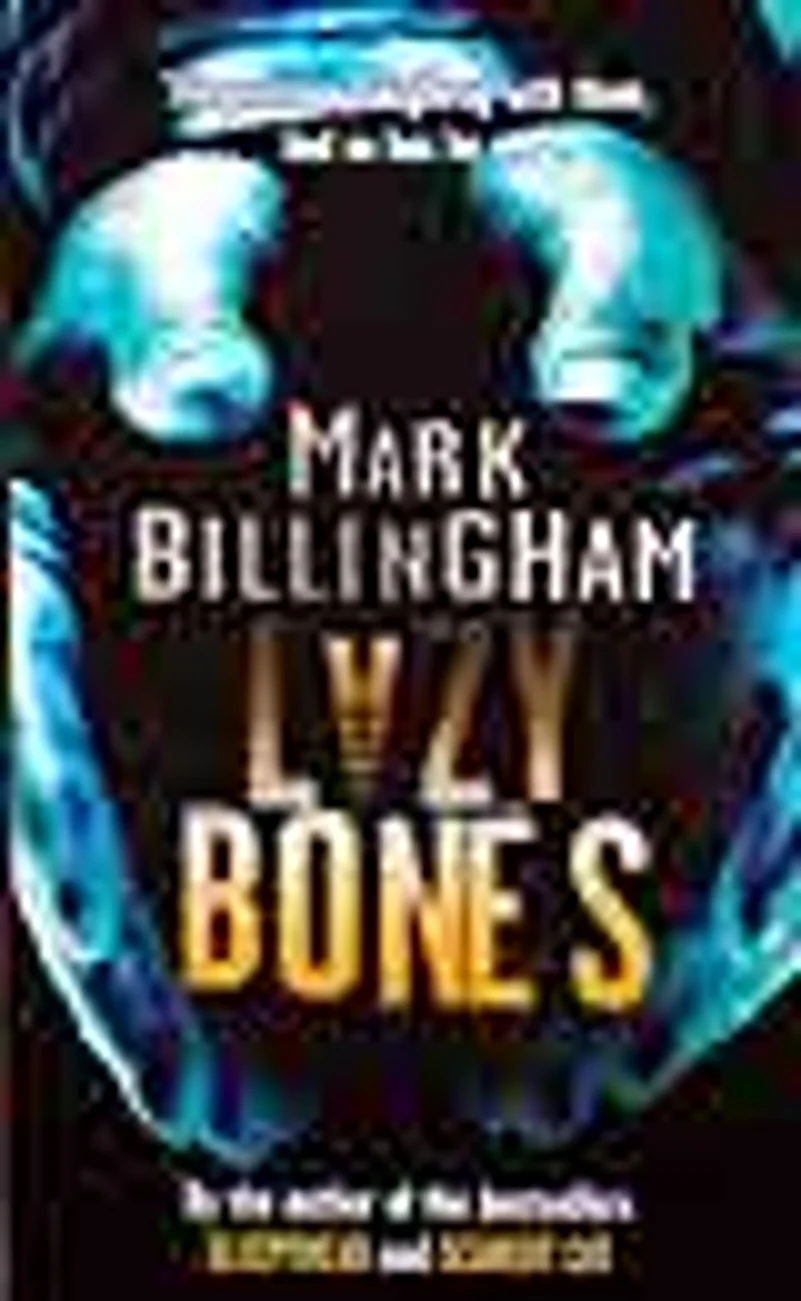
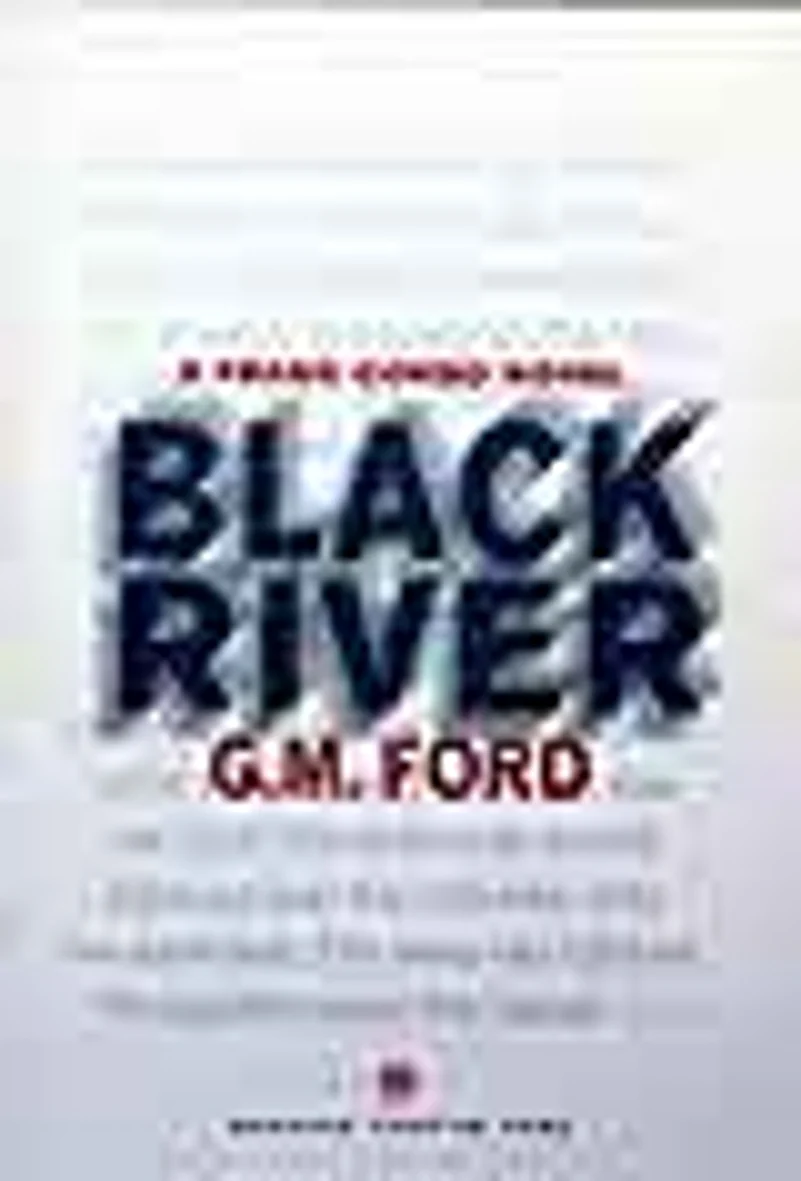
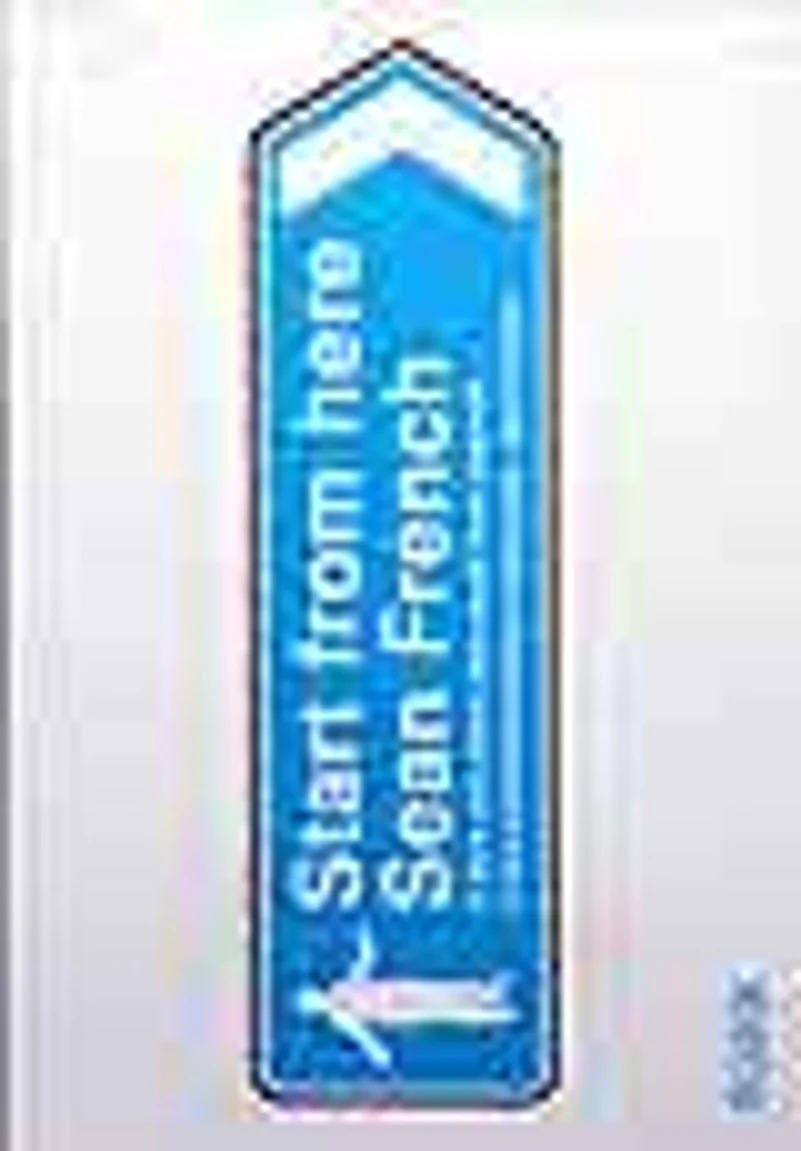
But baddies must sometimes be faced down with much less weaponry than a sharp lawyer. Especially when the crook in question is a big corporate with no environmental conscience and the would-be hero has thus far distinguished himself only with sub-mediocrity. Imagine a sort of British, male Erin Brockovich and you have a sense of Sean French's dark and funny Start From Here (Picador).
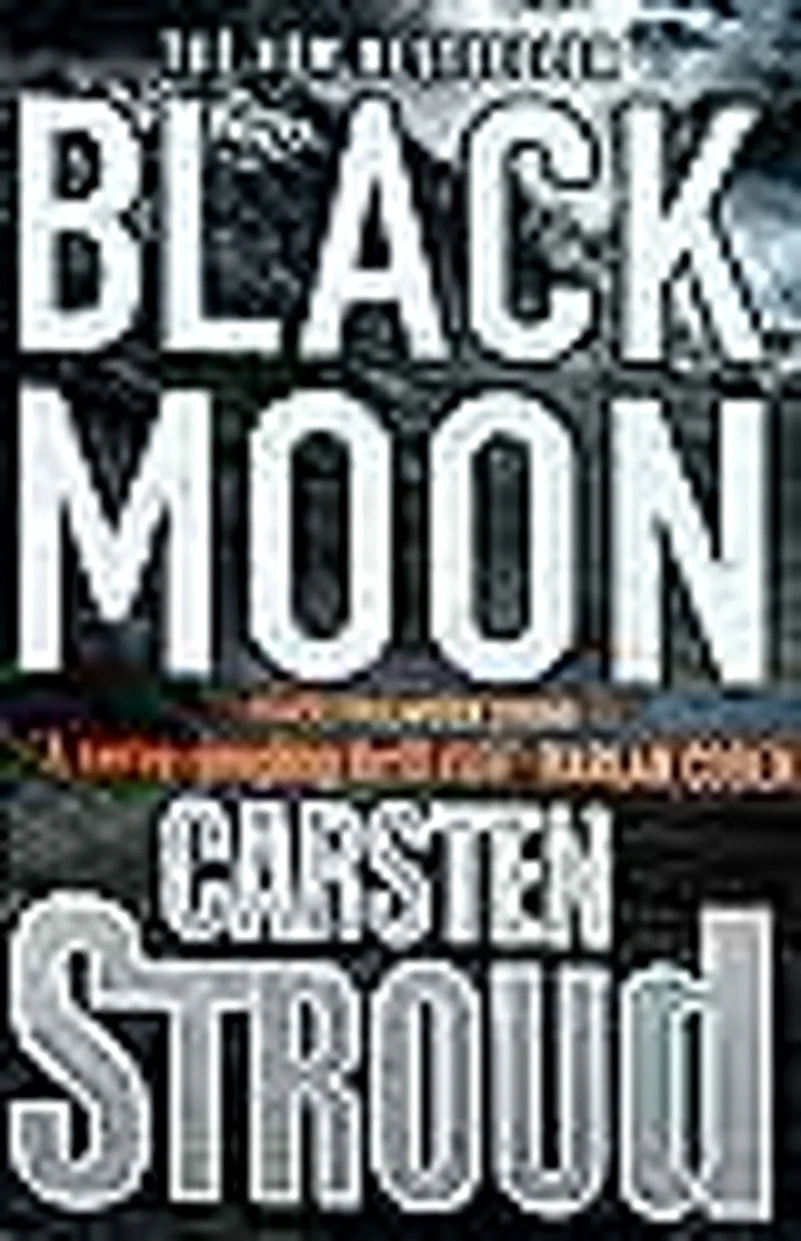
The old-fashioned testosterone-fuelled guns, gangsters and girls novel may be fading, but it's certainly proving to be a long kiss goodnight. Try Carsten Stroud's Black Moon (Penguin) for suspense in the Caribbean. One of the first characters you encounter is a huge tiger shark, but as it happens nearly everyone else in the book turns out to be more dangerous.
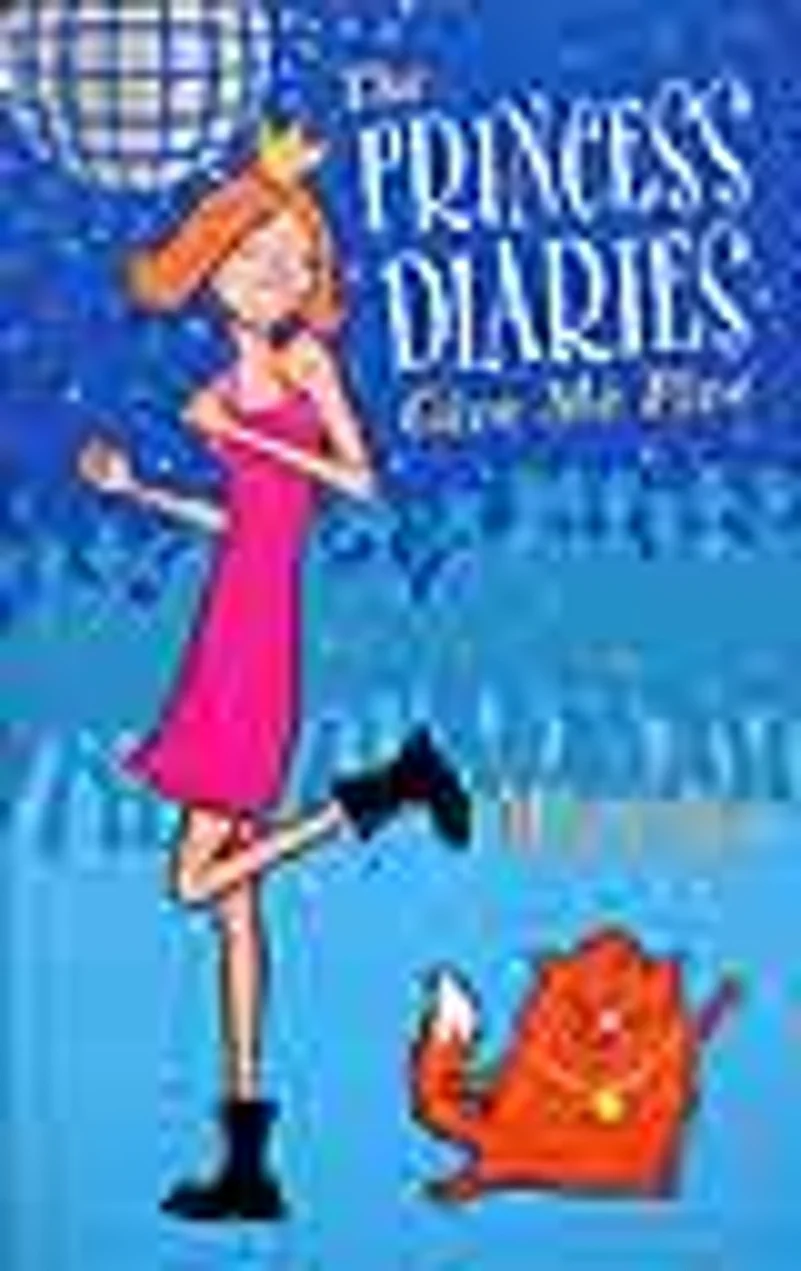
The perils in Meg Cabot's The Princess Diaries (Macmillan) series are far less gruesome, but as gripping. If you're a 12-year-old girl, anyway. Cabot's books for young teens have been hugely successful, and apparently go down in rainforest-stripping quantities with readers who will tolerate ANY AMOUNT!!!!! of blighted punctuation because that is the way girls think (this.......is so, like..... ME!!??!!). Still, any mind that awards equal priority to ending world hunger and buying a new cat brush is getting something right.
Less grammatically hysterical, presumably because it's aimed at preteens, but as engaging are Georgia Byng's Molly Moon books, about the adventures of a young orphan whose wits, and hypnotic powers, help her make sense of life and thwart assorted characters with bad intent.
Making sense of lives that involved profound moral and theological ideas was what helped Philip Pullman's astonishing Dark Materials trilogy shatter conventional ideas of themes appropriate for younger readers. The Harry Potter series has meanwhile progressively become weightier in every sense, and now Lian Hearn's Tales of the Otori trilogy serves up a magical, sexy and often brutal mediaeval Japan for kids and grown-ups alike.
There is far more to good reading than murder, suspense or fantasy. And there are times when one great book gives you much more than a whole shelf's worth. Two particularly rewarding contemporary classics are Karen Armstrong's A History of God (Vintage), a must for anyone who really wants to understand why religion exercises so many of us, and Phantoms in the Brain, (4thestate), where V.S. Ramachandran (one of the world's greatest authorities on the brain, and possibly the most prominent Indian you've never heard of) writes about the human mind and its extraordinary workings.
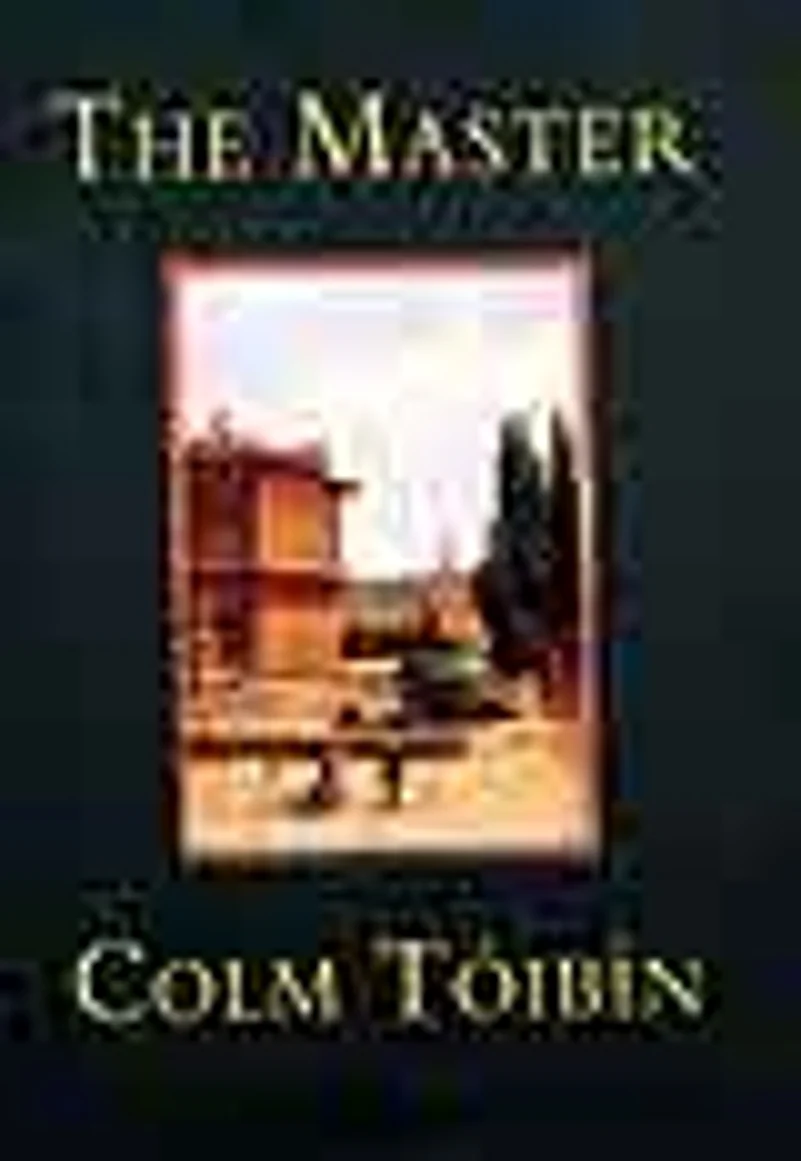
This year's book, though, is probably Irish writer Colm Toibin's The Master (Picador). Toibin examines the life of American writer Henry James. For a writer who was such a master of his character's psyche and emotions, James was remarkably elusive in the flesh, even to close friends. His sexual preferences may not have been clear to James himself. Yet nearly 90 years after his death, Toibin somehow pulls off a wonderfully nuanced portrait of a complex and fascinating man. Own and devour at leisure.









